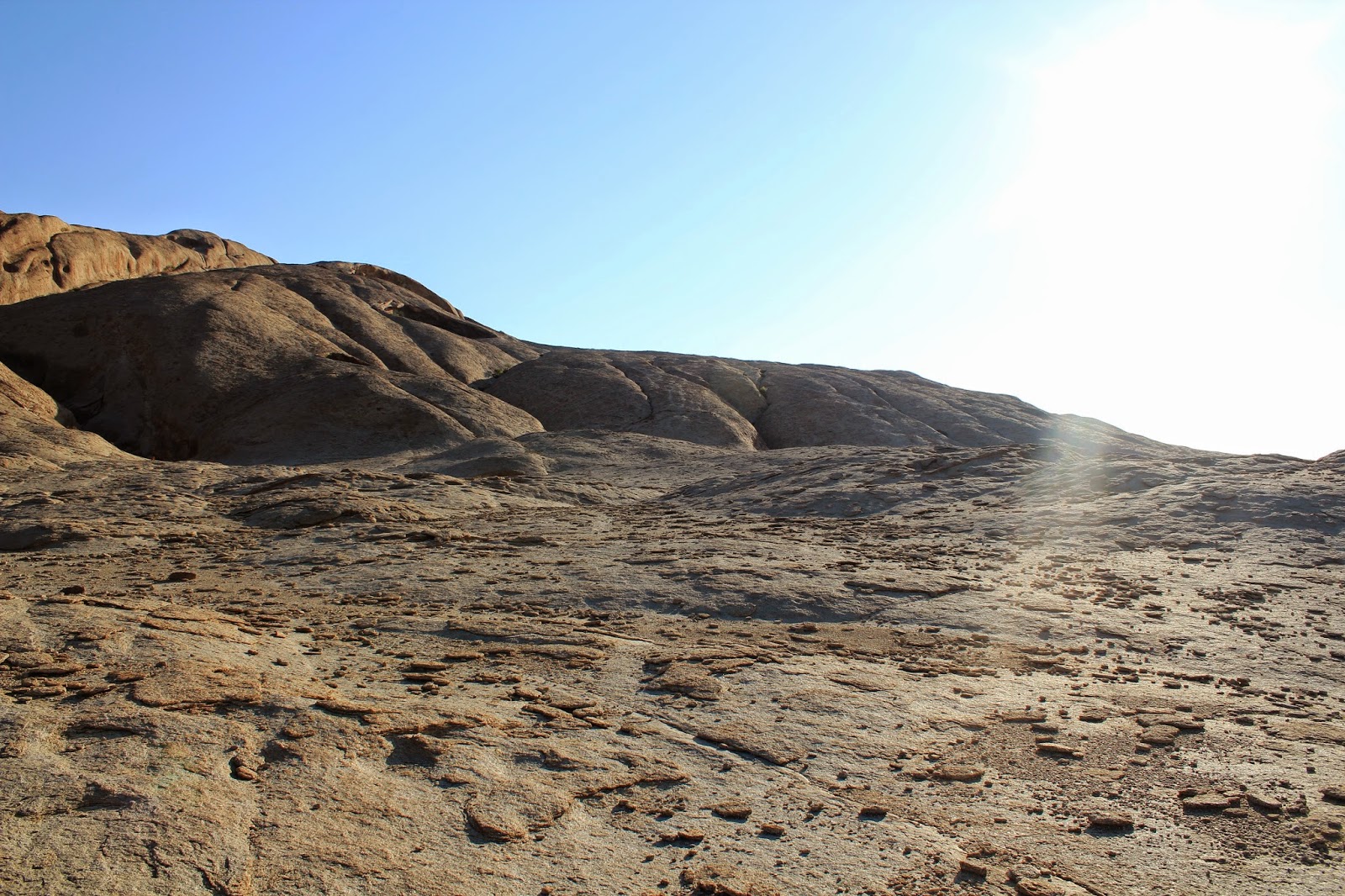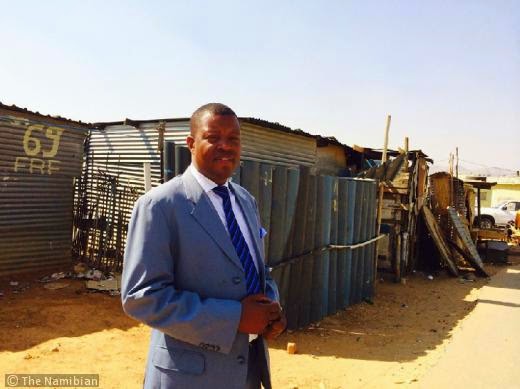Rise Zimbabwe_The coup that was not a coup
For
the first time in 37 years, the title of president of the republic of Zimbabwe
and the name Robert Gabriel Mugabe are not mutually inclusive. It was perhaps,
the most civilized military led removal of a democratically elected president that
Africa has ever seen (notice I avoided using the word coup). There was no blood
spilt, no violence, and no martial law. The Zimbabwean Defence force simply
rolled into the presidential palace, placed Mugabe under house arrest and
enabled ZANU- PF to reorganize itself. That reshuffle started with the removal
of Robert Mugabe as president.
 |
| The calm before the storm |
Zimbabweans
will never forget what he did for them; freeing a country from the yolk of a
colonial white surpremist government, earns that individual almost mythical
status, the kind that Namibia accords Sam Nujoma - the founding father of the
Namibian nation, the kind that results in Mandela still being held up as South
Africa’s moral compass every time Jacob Zuma tries to cover up more acts of
corruption.
Zimbabweans,
and the whole of southern Africa will never forget that he made sure that Zimbabweans
were educated. Namibia’s private health care system is propped up by Zimbabwean
doctors, most Universities in southern Africa have at least a few knowledgeable
Zimbabwean professors.
In
providing communal farmers with seeds and tools, he turned Zimbabwe into the
bread basket of Africa. Hate it or love it, he is the reason Zimbabweans can
now start over with their land in their own hands, albeit the hands of war
veterans.
However,
Zimbabweans will never forget what he did to them, in his attempt to cling on
power, he silenced a lot of people. Mugabe fixed an entire election (while the
world watched), just so he could invoke a clause in the electoral law that forced
a run-off election, which was uncontested because of a violent crackdown on
opposition supporters and dissident ZANU-PF members. Every time the people defied
him, he responded with violence, like a wounded leopard. Over the last few
years, he plunged Zimbabweans into a state of directionless-ness that Dr Mbuyiseni
Ndlovu of the Economic Freedom Fighters articulates as knowing what he freed
his people from, but not knowing what he freed them for. He reached the stage
in the African revolutionary leader life cycle, where he was proving that the
myth about revolutionaries not making the best democratic leaders was indeed
right.
As
the euphoria of Mugabe’s removal subsides, pertinent questions must be asked.
1.
Why now? Why didn’t the military overthrow him earlier?
2.
Isn’t Emmerson Mnangagwa not just a younger version of Mugabe? See picture below.
 |
| General and trusted Lieutenant in happier times |
At
any time since the 2008 farce of an election, the army could have over thrown…
err, let us use some tact terms and say, the army could have over seen a
transfer of power, but they didn’t, because the status quo was still in their favor.
Only when Mugabe tried to install a family dynasty did they make their move, it
is better to be bitten by the snake you know.
However,
by re moving Mugabe as they did, the army showed their bias, they did not step
in because they were trying to help, they stepped in because it’s in their best
interest to have a rejuvenated ZANU-PF in power, this was this was the army favoring
one political faction over another.
Zimbabwe’s
new President, Emerson Mnangagwa was in the Mugabe regime and was until
recently his trusted lieutenant, this is basically a like for like replacement.
I suspect that the army backed him because they didn’t want a power vacuum, not
because they wanted a change in leaders but because they wanted a younger one
in the same mold. It is yet to be confirmed whether or not Mugabe was an old
man being manipulated by his wife into shoeing her in, or a shrewd old man who
wanted to systematically eliminate all possible successors, validating the need
to keep him on. There’s no denying that Mugabe is a shrewd tactician and that
he scored a small victory, he steps away with immunity and a payout.
The
wheel may not be broken, but the consensus is that everyone him gone, even
SADC, who usually do nothing, sent Kenneth Kaunda in to convince Mugabe to
resign. Sending over an ailing old man to convince another old man to step down
is akin to doing nothing, but at least it was something. Whether it was legal
or not, the military’s action was applauded by all Zimbabweans.
The
best way to sum up the democratic exercise in Zimbabwe (Le coup de Grace), is
to liken it to an enterprise. The CEO was no longer in favor with the board and
the board did not like his chosen successor, so they (The board) instigated a
boardroom coup and ushered him out.
For
the people of Zimbabwe, it is a new beginning, for those still in the circle of
influence, it’s back to business.
(I
only used the word coup 3 times).




Comments
Post a Comment